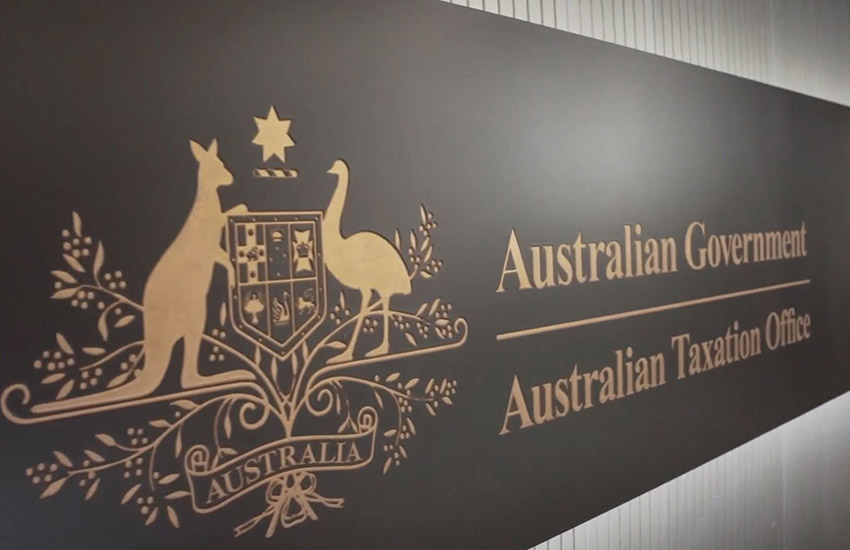The ATO is set to commence notifying JobKeeper business participant claimants who have been considered not to have satisfied the JobKeeper entitlement requirements.
You’re out of free articles for this month
It is understood that the ATO will cover a range of scenarios where such claimants have failed to have met the requirement of notifying the Tax Office of business activity through a tax return, activity statement or GST return by 12 March 2020.
These scenarios include new businesses that have commenced from 1 July 2019 who are registered for GST on an annual cycle; new businesses that have commenced from 1 January 2020, and who are not registered for GST or are registered for GST on a quarterly cycle; and businesses that have not included assessable income in their 2018–19 tax return or provided the ATO with notice of sales or supplies made in the relevant period.
It is expected that these participants will be told that any JobKeeper payments paid out will cease with immediate effect.
Inequitable outcome
With the Treasury currently reviewing the JobKeeper program, a joint submission by nine accounting and bookkeeping associations has now urged the government to reconsider the ineligibility of new businesses and start-ups for JobKeeper and cash-flow boost payments.
Such businesses have been locked out of the stimulus measures because of the requirement for the ATO to have been made aware of business activity via income tax or GST reporting systems by 12 March 2020.
“There will also be many other new businesses and start-ups who had an active ABN as at 12 March 2020 but did not enrol for business participant JobKeeper payments based on the rules,” the joint submission said.
“Similarly, there are new businesses that were in operation as at 12 March 2020 who had made taxable supplies and were reporting PAYG withholding amounts that did not qualify for cash-flow boost payments due to the notice requirements.”
The submission — co-signed by Chartered Accountants Australia and New Zealand, CPA Australia, the Institute of Public Accountants, The Tax Institute, Tax & Super Australia, the National Tax and Accountants’ Association, The Institute of Certified Bookkeepers, the Australian Bookkeepers Association, and the Association of Accounting Technicians — seeks to adjust the JobKeeper rules and the cash-flow boost legislation accordingly.
They have called for the notice requirement to be amended by importing an assumption that either a monthly or quarterly tax period applies, and to allow the commissioner to use evidence of “making a taxable supply” in those notional tax periods up to 12 March 2020, in order to allow businesses to satisfy eligibility requirements.
Entities that satisfy the amended rules should be able to retrospectively enrol for the JobKeeper payments, the joint submission added.
The bodies have also noted that the negative impact the incoming cessation letters will have on genuine start-ups and new businesses that will be denied payments on a technicality.
“The financial and emotional impact that the ATO JobKeeper payment cessation letters will have on genuine start-up business operators who had already started receiving JobKeeper payments is expected to be substantial,” the joint submission said.
“Many will complain, with some justification, that the cessation of JobKeeper is driven more by ATO systems than careful consideration of whether genuine business activity is in fact conducted.
“The inequitable JobKeeper and cash-flow boost outcomes for identical businesses starting on the same day simply due to the election of a particular reporting cycle have been noted, yet no policy changes have been forthcoming.”

 Login
Login







